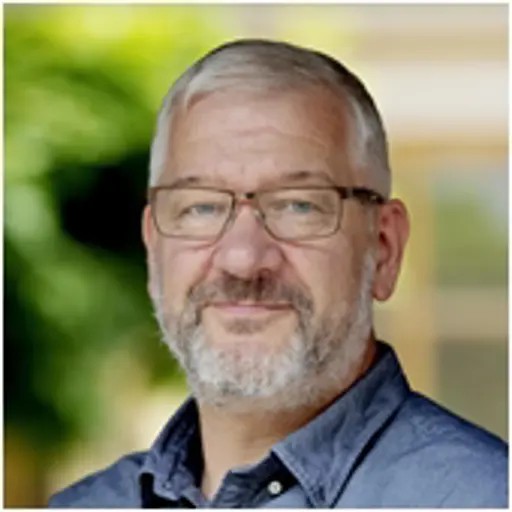
From June 16 to 18, the largest international conference on electric vehicles and sustainable transport, EVS38, will be held at the Svenska Mässan in Gothenburg. Among the speakers is Anders Grauers, Associate Professor of Systems and Control Engineering at Chalmers University of Technology and specialist in electric vehicles at the Swedish Electromobility Center.
You are one of the speakers in the scientific program at EVS38. Tell us, what will your talk be about?
“My talk will focus on fast charging, particularly for trucks and how market forces will influence pricing, where there are chargers and possibly how many queues there will be. Or even whether queues will exist at all. Using various sources, we have estimated the flow of charging trucks, and the results look much more promising than expected. The distribution throughout the day appears more even than we initially thought.
Charging infrastructure is often seen as a technical challenge, with concerns about availability, but my perspective is that market forces will dictate the outcome. If it is profitable and the technology is in place, it will happen. The key question is how many hours per day the charging stations will be utilized and how customers will be distributed over that time.”
Anders Grauers has a background in electric power and initially conducted research in wind energy. He then moved into the automotive industry, working on system development for active safety. During this time, he developed an interest in the relationship between technology adaptation, user needs, and financial considerations to achieve a good balance.
For the past fifteen years, he has focused on electrification in the transport sector. He participates in multidisciplinary research projects through Lindholmen Science Park, where representatives from charging operators, truck manufacturers and electricity grid companies collaborate.
“These projects are fascinating because they bring together different perspectives, allowing us to examine problems collectively and discuss workable solutions. It's about getting started, the process then evolves and grows over time. I am deeply motivated by seeing connections. When you view a problem from a different angle and then suddenly the solution becomes clear, it is exciting!”
Anders believes that a lot has happened in a short time. Previously, the alternatives were expensive and complicated, but now it's more about which solutions to invest in.
“I would say that electrification is progressing very well. From a broader societal perspective, we have come a long way. We know that the technology exists and is constantly evolving, but now it is more about adaptation, and that also needs to be respected. Transitioning is challenging, and many transport companies I meet and collaborate with on various projects are either facing a transition or have just begun. It is about planning and adapting the business, but they are incredibly professional and once the profitability becomes clear, the transition will be possible.”
You sound hopeful for the future. How do you see the coming years?
“I think we are facing an avalanche of transition, and it is difficult to say how close we are. However, I believe it will be a fairly quick shift, with growing pains being the biggest challenge. Production might struggle to keep up, and there will be quality issues in the beginning. But that's always the case with major transitions, we will find ways to overcome them.“
During EVS38, Anders Grauers will participate in the scientific program. His lecture, titled The Market for Public Fast Charging of Heavy Trucks and How it Influences Prices, Capacity, and Queues will take place on Tuesday, June 17 at 11:20 to11:40 E-Quation Lab - Room G3.
- Professor, Systems and Control, Electrical Engineering


